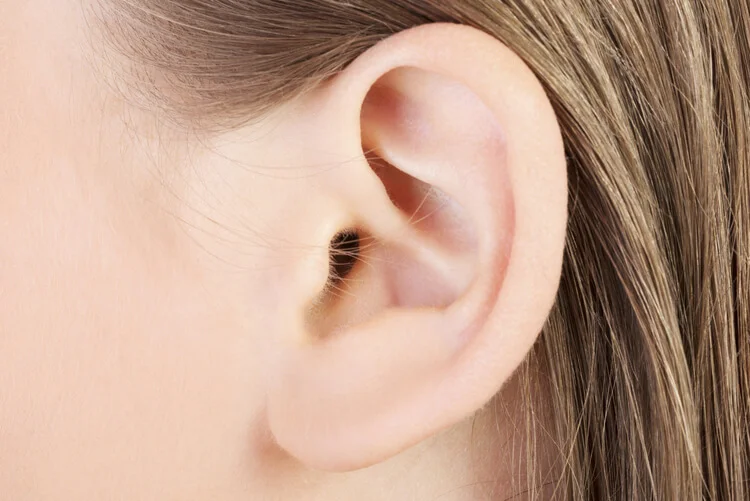What Causes Very Loud Snoring?
Very loud snoring can be caused by OSA (obstructive sleep apnoea). Generally the sound of snoring is created as the air passes through the oropharynx. This causes vibration of the soft-tissues which become lax during sleep. In obstructive sleep apnoea several factors combine to cause very loud snoring. Obesity and the use of sedatives can contribute to the upper airways narrowing temporarily during sleep. This may be to the point where they can close up completely and breathing can stop altogether, temporarily. This is caused by the muscles relaxing in the airway wall. Now you know what causes very loud snoring!
Ear plugs for sleeping are of huge benefits for bed-partners and other members of the family of those who suffer the condition. ZenPlugs are spot-on for use in bed because they are fitted and so won't wake you up by digging in to your ear. They are also antibacterial and last for years.
Risk factors for OSA include;
- Diabetes.
- Obesity.
- Smoking.
- High circumference neck.
- Use of sedatives and sleeping tablets.
- Alcohol.
Seesawing of the chest may occur as the upper airway is blocked and so no movement of air occurs. As the chest wall moves in an out the abdominal wall moves in the opposite direction to compensate for the lack of air movement.
As no air is moving in and out of the lungs during this period of sleep, the sufferers level of carbon dioxide (CO2) rises and their oxygen (O2) falls. This is detected in the brainstem. This stimulates the individual to wake up to the point where the muscle tone in the upper airways rises and breathing resumes.
The cycle repeats as the sufferer's sleep deepens again, muscle tone reduces and the airways close up again. The cycle can repeat several times per night leading to daytime sleepiness. This can be severe and result in people falling asleep at inappropriate times such as at work, in meetings or whilst driving. Other signs of the condition include headaches, grumpiness and anxiety.
Ensure you visit the doctor if you think you may have OSA. If it is left undiagnosed and untreated it can result in a significant shortening of your life as well as a reduction in your quality of life. This is due to it's association with cerebro-vascular disease and cardio-vascular disease. Your GP may well refer you for sleep studies where you will have your oxygen level monitored whilst asleep, using a finger probe. If you are diagnosed with obstructive sleep apnea your doctor may prescribe a CPAP mask. This holds the airways open with high-pressure air during sleep. This stands for (continuous positive airways pressure). It is also highly important to address risk factors for OSA. This is because these are also independent risk factors for cerebrovascular and cardiovascular disease.
















